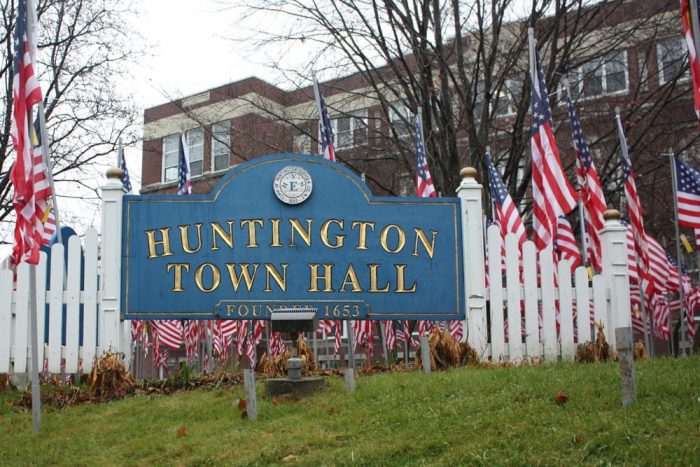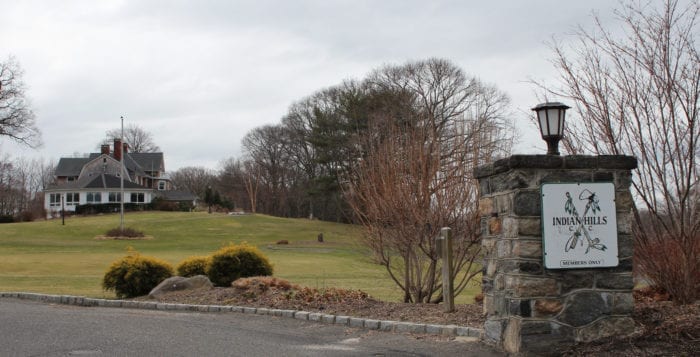By Rokah Sejour
The Town of Huntington Planning Board unanimously voted Feb. 21 on the preliminary approval of the Vineyard Bay Estates proposed subdivision at 78 Bay Ave. and 211 Vineyard Road, Halesite.
This project has been planned for years and all of the proper analysis has been done. Improvements have been made to the plans as a result of some of the grievances brought by members of the community, the board said.
A map detailing the proposed plans for the development showed plans for one flag lot, a widening of Bay Avenue, a proposed 1.84-acre open-space dedication to the Town of Huntington, and a 4-plus acre of hillside to be preserved within the subject lots.
“You don’t have the right to make a determination tonight,” said Lawrence Kelly, a Bayport attorney present at the meeting. “You have a lot of procedural infirmities and you should just take the time to look at those.” He implored the board to take time to review the SEQRA determination.
This comes after a coalition was formed, The Nathan Hale Nature Preserve Committee, consisting of neighbors and residents surrounding the proposed Vineyard Bay Estates development.
The committee’s concerns focused on the preservation of the plot’s environment and ecosystem, especially with regards to the town’s steep slope law which sought to protect and safeguard scenic landscapes and the vegetative features of steeply sloped lands throughout the town. The committee worries that the statuesque specimen trees, rare and lush flora and fauna that the property preserved and protected will be at risk.
It was brought up by NHNPC that the town should purchase the area to ensure that it would remain a preserved and protected mark for Huntington. However, Vineyard Estates said that the property was not for sale.
A lawyer was formally retained by the committee for expert counsel in respect of the concerns of the committee ahead of the Feb. 21 meeting.
In a letter dated Feb. 20, the committee wrote to the town Planning Board detailing their interest in the property as well as their mission purpose.
The committee hoped that any further approvals would be suspended for the Vineyard Bay Estates development until reports from independent experts on the environmental impact of this proposed project are completed through the SEQRA process.
It was also requested by the committee’s lawyers in a Feb. 20 email to the Planning Board that “the public hearing be reopened so that the public may comment on the plans, as revised, and in response to any SEQRA determination this board, as lead agency, may be issuing.”
It was explained that this particular meeting was not a public hearing and that the other party was not present to counter any claims made against them.






